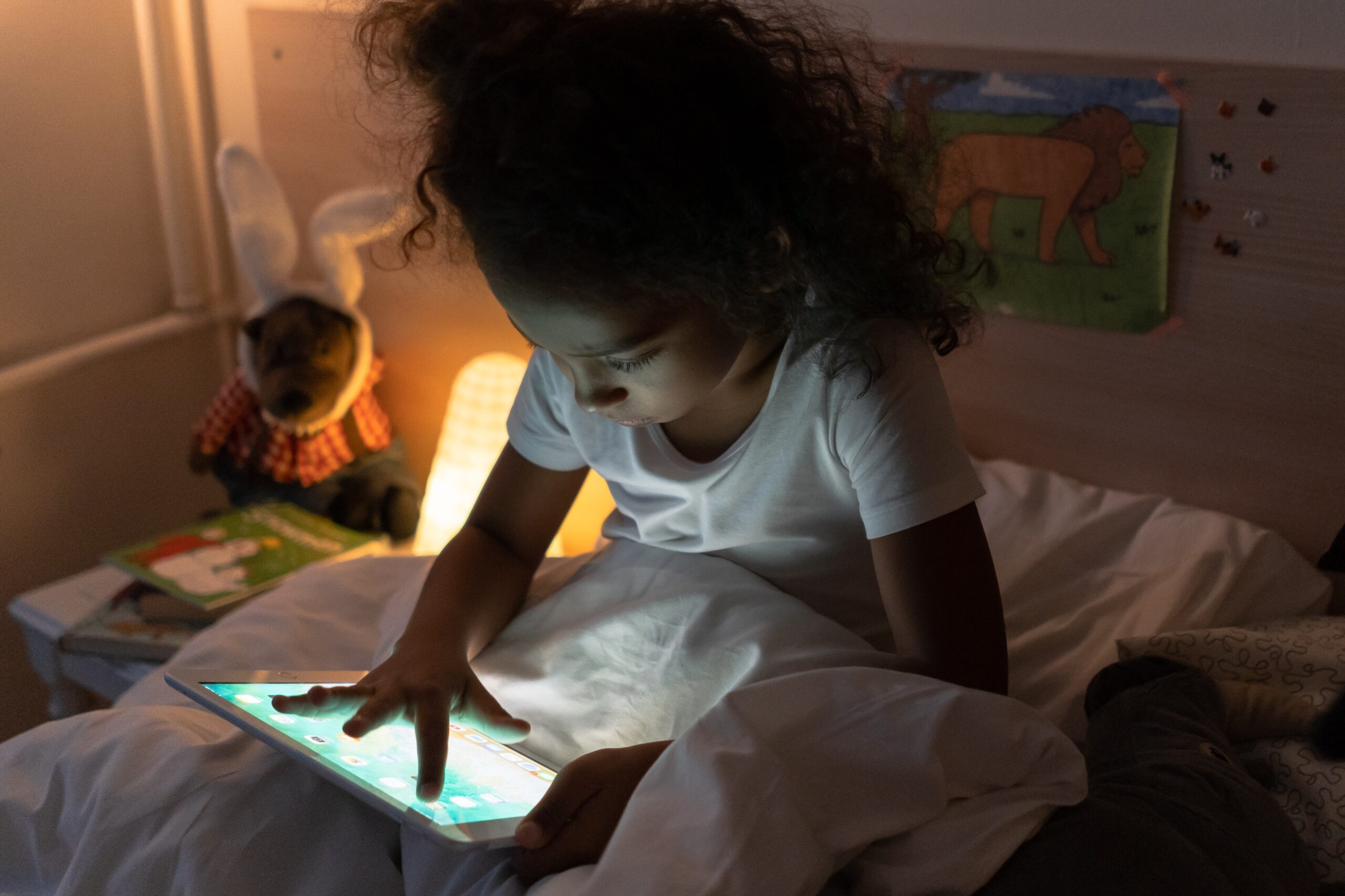
How Parents Steal from Their Kids
By Tim Elmore
I recently met with the faculty of a high-performing public high school. In our discussion, teachers mentioned how much parents got involved in their kids’ routines. At first, I assumed this was a positive remark, but later I recognized the type of parental engagement they referred to was not helpful at all. Every school enjoys parents who support their activities. Sadly, parent involvement today is taking on a very different form and tone:
- Distrust over what’s happening in class
- Telling faculty how to do their job
- Questioning the judgment of administrators
One mother insisted on sitting in on each of her son’s classes every day. Another regularly emailed faculty members, coaching them on how to better encourage her daughter. (Keep in mind, her daughter is a teen.) Still another texted athletic coaches on how to coach their team.
The New Trend in Parenting
Today, I not only see a new generation of kids, I see a new generation of parents. In some ways, life is better, but in many ways, life is far worse. In the wake of the pandemic, many of us have shifted so significantly to protect kids from difficult, uncomfortable, or painful experiences that their arrested development will have a detrimental effect on their adult lives. In the name of compassion, we’ve become control freaks.
Psychologists have a term for these caregivers. They are “over-functioning parents.” They mean well, but they intrude on the work that professionals do with their children. As a parent myself, I recall days when I wanted to make suggestions to my kids’ teachers, coaches, drama directors and principals. But I knew it would have an adverse effect on all parties, including my children. Discussing this with my friend, Gary Davison, a veteran high school principal, he shed some light on one possible explanation for over-functioning parents. He mused:
“I wonder if some are stealing the dopamine squirt from their kids by doing things for them.”
This may sound preposterous to some, but I think there’s a kernel of truth in Gary’s hypothesis. Often, we love the satisfaction we feel when stepping in to make things right, correcting those teachers who don’t seem to get it, and smoothing the path for our children. On top of that, we’re scared for our kids. So much seems out of our control, and we’re not sure how to lead kids in today’s world of smart technology, predators, and distractions.
After speaking at a parenting event, one mom approached me and said, “I know I shouldn’t be a helicopter parent, but it feels so good to me. It’s what I want. So, I’m going to keep doing it.”
This parenting style is about us, not our kids. It is a mild form of child abuse.
Three Reminders to Stop Stealing from Our Kids
1. They don’t need us to do things for them. They need us to equip them to do things.
One high school administrator told me that a parent called to request a class change for her daughter. When the administrator asked why, the parent replied, “My daughter’s former boyfriend is in her current class, and it’s hard for her.”
While this is understandable, the parent’s request would only temporarily make things easier now, yet harder later for her daughter. The long-term answer for challenges is seldom to remove the stressors. Rather, it’s to equip our kids to manage them. My parents would have said to me: “This is your chance to learn how to navigate difficult situations.” They would have shown empathy, but they would not remove the problem for me, knowing that if they did, they would leave me ill-equipped for the future.
2. They don’t need us for information. They need us for interpretation.
A school principal let me know that parents of his students consistently give the answers to their kids—for homework, for hacking tests, and for extracurricular activities. Once again, this helps students in the short run, but fails to teach teens self-reliance.
Kids no longer need adults to get information. Thanks to Google, Siri and Alexa, they can access information anywhere, at any time. Instead, kids need us for interpretation. We must help them make sense of all they know by providing a schema to filter input and furnish a worldview that enables them to see the big picture. Our end goal should not be to teach them what to think; we must teach them how to think. When they consume content, we must help them gain the context. This is what Generation Z and the Alpha Generation desperately need.
3. They don’t need us to control them. They need us to connect with them.
Let’s face it: we will never be able to control the attitude of a teenager. That’s a myth. We can, however, seek connection with a teen, and thereby deepen our influence. Connection at the heart level is what they want and need most from those in charge. Influence and trust come via relationship, not rules. When there’s a trusting relationship, most teens make decent choices. If we demonstrate that we genuinely want to know them and that we want to authentically trust them, they usually lean into the relationship.
I read recently on social media, “The problem is: anyone can have kids, but less than half are able to raise them well.” This is frequently because we’ve not taken the time or made the effort to build a bridge by crafting a relationship that can bear the weight of honest conversation.
It’s time to stop stealing the satisfaction of achievement from our kids and let them show us what they can do. Twenty years ago, President Bush said it best: “When it comes to our kids, we’ve been guilty of the soft bigotry of low expectations.”





